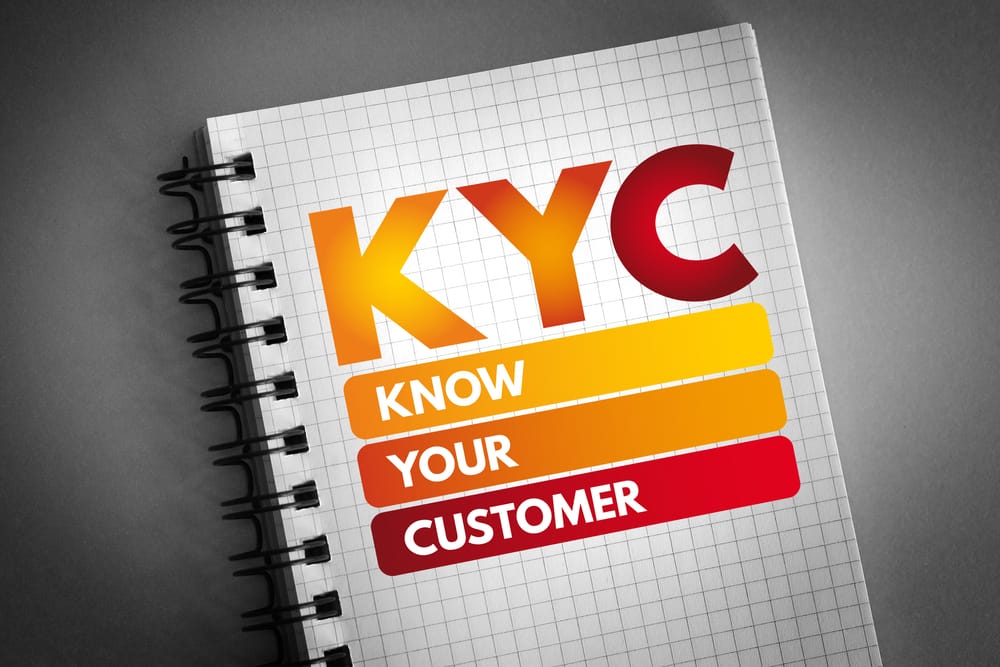The landscape of Know Your Customer (KYC) compliance is continually evolving, driven by technological advancements and changing regulatory requirements. This article explores the future of KYC, highlighting emerging trends and innovations that are shaping the KYC landscape.
Emerging Trends in KYC
1. Increased Use of Artificial Intelligence (AI) and Machine Learning
Description: AI and machine learning are becoming integral to KYC processes, enhancing efficiency and accuracy.
How It Works:
- Data Analysis: AI systems analyze large datasets to identify patterns and anomalies.
- Predictive Analytics: Machine learning models predict potential risks and suspicious activities.
- Automated Decision-Making: AI automates decision-making processes, reducing manual intervention.
Benefits:
- Efficiency: Speeds up data analysis and decision-making.
- Accuracy: Improves the accuracy of detecting suspicious activities.
- Proactive Prevention: Identifies potential risks before they escalate.
2. Adoption of Blockchain Technology
Description: Blockchain provides a secure and transparent way to record and verify transactions, enhancing KYC processes.
How It Works:
- Immutable Ledger: Transactions are recorded in a decentralized ledger that cannot be altered.
- Smart Contracts: Automate compliance checks and enforce contractual obligations.
- Traceability: Provides a transparent trail of transactions for auditing purposes.
Benefits:
- Security: Protects against data tampering and fraud.
- Transparency: Enhances transparency and accountability in financial transactions.
- Efficiency: Streamlines compliance processes through automation.
3. Biometric Verification
Description: Biometric verification uses unique biological traits, such as fingerprints and facial recognition, to verify customer identities.
How It Works:
- Biometric Data Capture: Collects biometric data during the customer onboarding process.
- Verification Process: Compares captured data against stored records to verify identity.
- Continuous Monitoring: Uses biometric data for ongoing customer verification.
Benefits:
- Security: Provides a high level of security by using unique biological traits.
- User Convenience: Simplifies the verification process for customers.
- Fraud Prevention: Reduces the risk of identity theft and fraudulent activities.
4. Digital Identity Verification
Description: Digital identity verification uses digital methods to verify customer identities quickly and accurately.
How It Works:
- Document Scanning: Scans and verifies identity documents using optical character recognition (OCR).
- Facial Recognition: Matches customer photos with their ID documents using facial recognition technology.
- Database Checks: Cross-references customer information with global databases for verification.
Benefits:
- Speed: Reduces the time required for identity verification.
- Accuracy: Minimizes errors by automating the verification process.
- Scalability: Handles large volumes of verification requests efficiently.
5. RegTech Solutions
Description: Regulatory Technology (RegTech) solutions enhance KYC compliance by automating and streamlining regulatory processes.
How It Works:
- Automated Monitoring: Continuously monitors transactions and customer behavior for suspicious activities.
- Real-Time Reporting: Provides real-time reporting and alerts for potential compliance issues.
- Integration: Integrates with existing compliance systems for seamless operations.
Benefits:
- Efficiency: Reduces the time and effort required for compliance tasks.
- Accuracy: Enhances the accuracy of detecting and reporting suspicious activities.
- Compliance: Ensures adherence to regulatory requirements.
Innovations Shaping the Future of KYC
1. AI-Driven Customer Insights
Description: AI-driven insights provide a deeper understanding of customer behavior and risk profiles.
How It Works:
- Behavioral Analytics: Analyzes customer behavior to identify patterns and anomalies.
- Risk Profiling: Creates detailed risk profiles based on customer behavior and transaction history.
- Predictive Modeling: Uses predictive modeling to forecast future behaviors and risks.
Benefits:
- Informed Decisions: Enhances decision-making with data-driven insights.
- Proactive Risk Management: Identifies and mitigates risks proactively.
- Personalized Services: Enables personalized customer services based on behavioral insights.
2. Decentralized Identity Verification
Description: Decentralized identity verification uses blockchain and other technologies to create secure, user-controlled identity systems.
How It Works:
- Self-Sovereign Identity: Allows users to control their identity information without relying on a central authority.
- Blockchain Integration: Uses blockchain to secure and verify identity information.
- Interoperability: Ensures compatibility with various systems and platforms.
Benefits:
- Security: Enhances security by giving users control over their identity information.
- Privacy: Protects user privacy by minimizing data sharing.
- Efficiency: Simplifies the verification process by reducing reliance on third-party intermediaries.
3. Enhanced Customer Experience
Description: Innovations in KYC aim to enhance the customer experience by simplifying and speeding up verification processes.
How It Works:
- User-Friendly Interfaces: Design user-friendly interfaces for KYC processes.
- Real-Time Verification: Implement real-time verification to speed up the process.
- Customer Support: Provide robust customer support for any issues related to KYC processes.
Benefits:
- Customer Satisfaction: Enhances customer satisfaction by simplifying the verification process.
- Efficiency: Speeds up onboarding and verification, reducing wait times.
- Security: Ensures a secure verification process, building customer trust.
The future of KYC is being shaped by emerging trends and innovations, including AI, blockchain, biometric verification, digital identity verification, and RegTech solutions. These advancements are enhancing the efficiency, accuracy, and security of KYC processes, making them more effective in preventing financial crimes and ensuring regulatory compliance. By staying ahead of these trends and embracing new technologies, financial institutions can enhance their KYC compliance efforts and provide a better customer experience.





